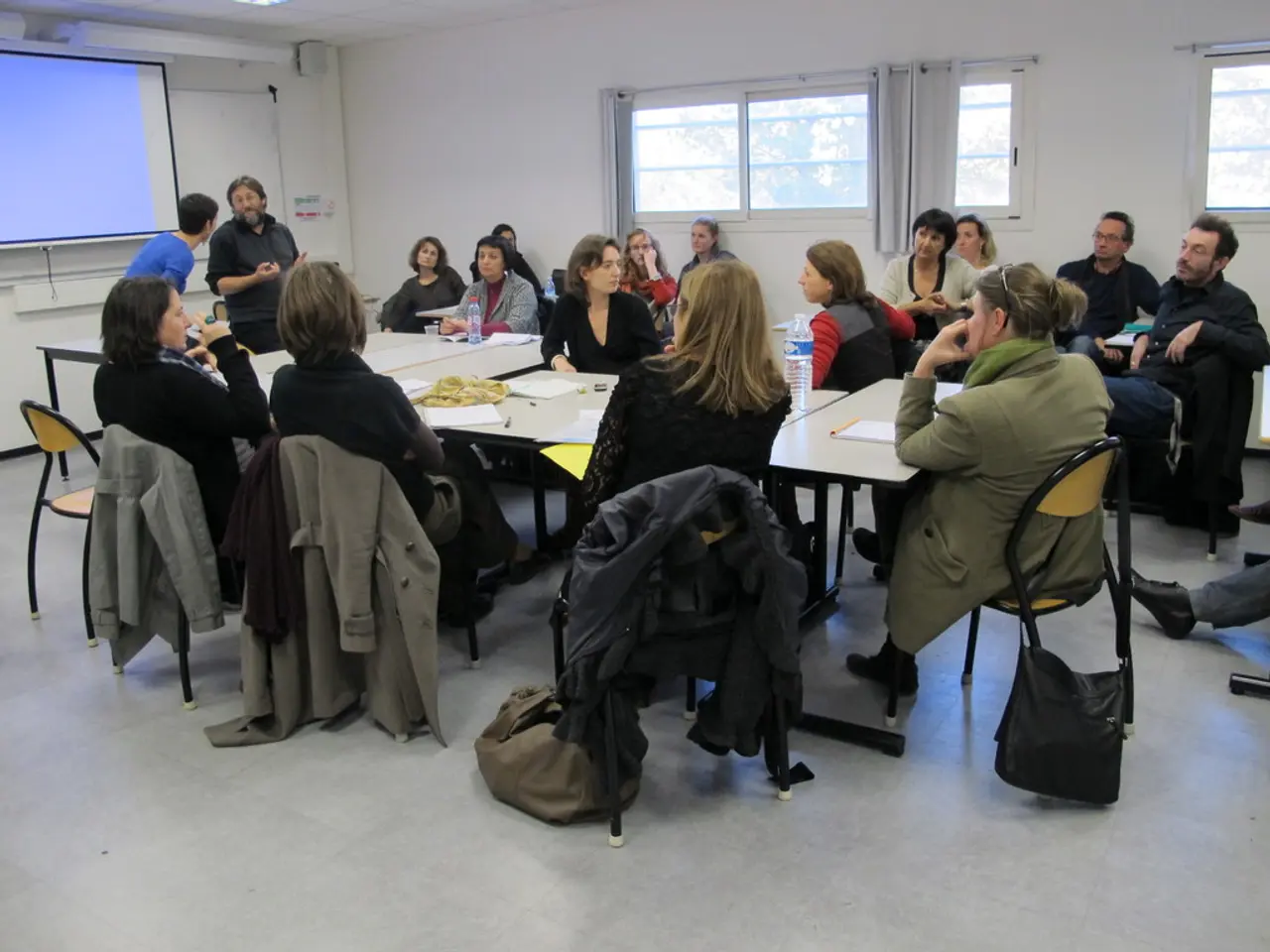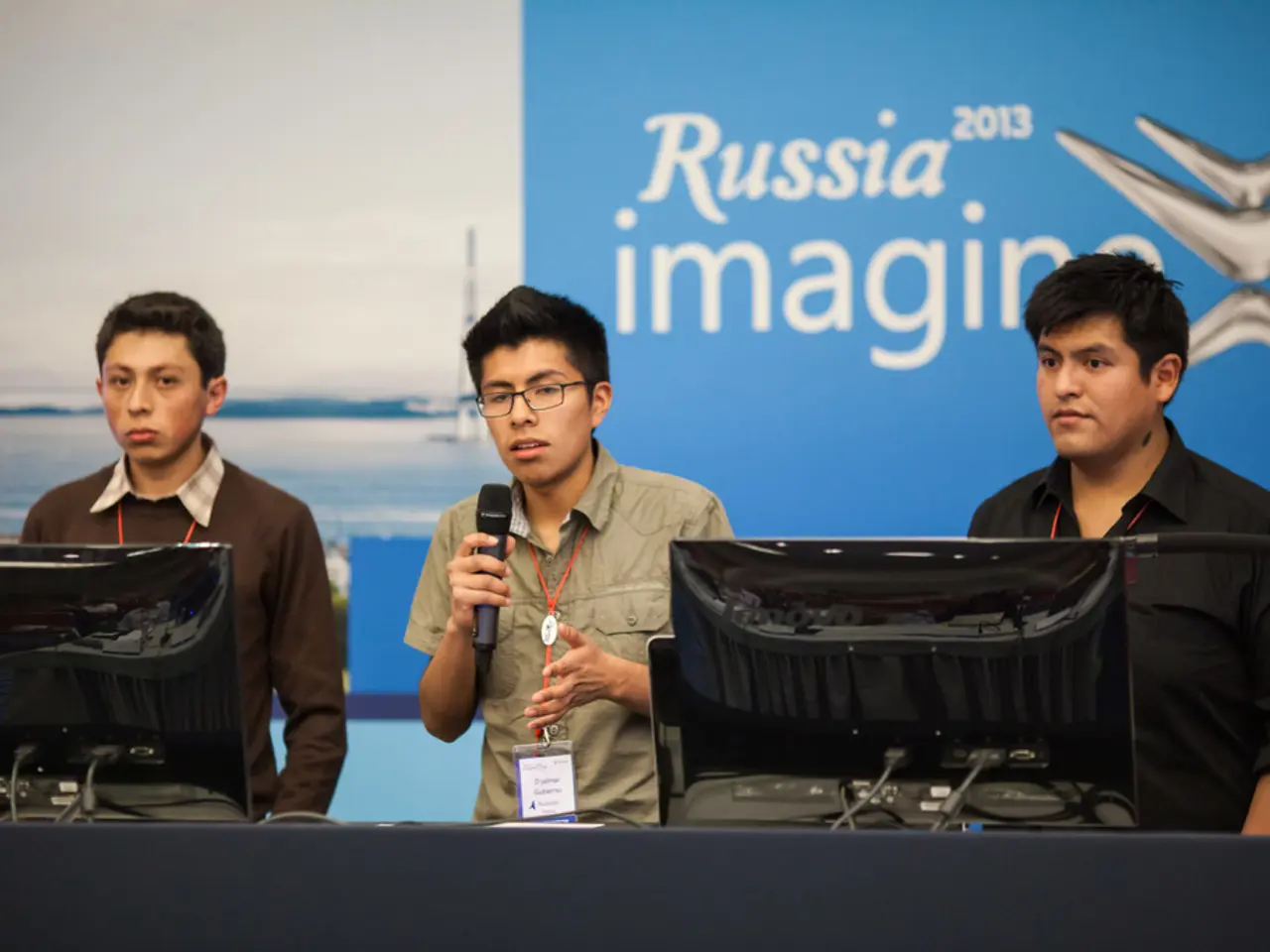Estonian Minister of Foreign Affairs conducts discussion with Maltese foreign minister
In a recent meeting of foreign ministers, the Estonian and Maltese diplomats discussed a range of topics, with a particular focus on European diplomacy and the security concerns in the Baltic Sea region.
The Estonian Foreign Minister highlighted the "most significant" moments of bilateral relations, while the Maltese counterpart emphasized the importance of their country's shipping and tanker industry. This industry, Malta argued, could be negatively impacted by the proposed reduction of the price cap on Russian energy exports, as part of the 18th EU sanctions package against Russia.
Malta's main concern lies in the stricter price cap, which would set Russian oil prices 15% below market value. The Maltese government fears that this could disproportionately disadvantage their shipping sector and complicate vital economic activities. Furthermore, Malta has reservations about the implementation complexity and lack of coordination with non-EU countries like the US, which do not have to abide by the same cap rules.
Estonia, on the other hand, has threatened to veto the adoption of the 18th package of sanctions if the price ceiling on Russian oil is not lowered. This stance reflects a division among EU member states on the severity of the sanctions, with countries like Estonia pushing for tougher measures, while Malta opposes further reductions in the price cap due to economic concerns.
The Russian aggression against Ukraine was another significant topic in the meeting. Both foreign ministers discussed the ongoing security threats in the Baltic Sea region, with Estonia advocating for increased measures to counteract these threats.
The disagreement over the price ceiling on Russian oil prices may impact the adoption of the 18th package of sanctions against the Russian Federation. If not resolved, this disagreement could potentially delay the implementation of these sanctions.
This disagreement is a new development in the international politics of sanctions against the Russian Federation. It remains to be seen how this situation will unfold and whether a compromise can be reached between the two countries.
In conclusion, the meeting between the Estonian and Maltese Foreign Ministers was a crucial event in European diplomacy, with the two countries expressing differing views on the price ceiling on Russian oil prices and the severity of sanctions against the Russian Federation. The security threats in the Baltic Sea region were also highlighted during the meeting, underscoring the importance of cooperation and unity among EU member states in addressing these challenges.
The disagreement between Estonia and Malta over the price ceiling on Russian oil prices is a significant issue in the current policy-and-legislation landscape, particularly within the context of the 18th EU sanctions package against Russia. This war-and-conflicts-related disagreement has potential implications for the general-news-worthy adoption of the sanctions, potentially causing delays if not resolved. The differing views on the severity of the sanctions and their impact on the shipping industry also demonstrate political divisions among EU member states.







